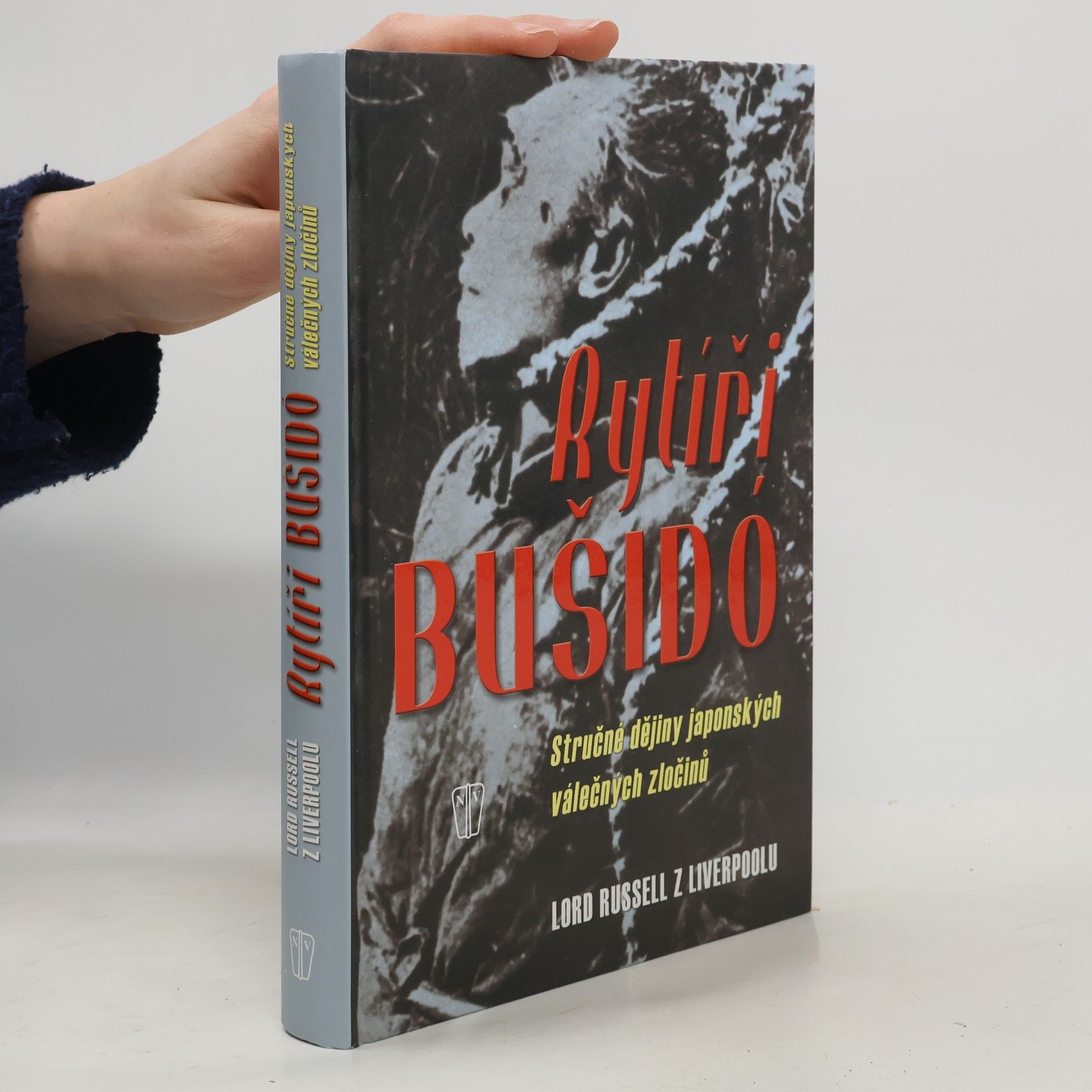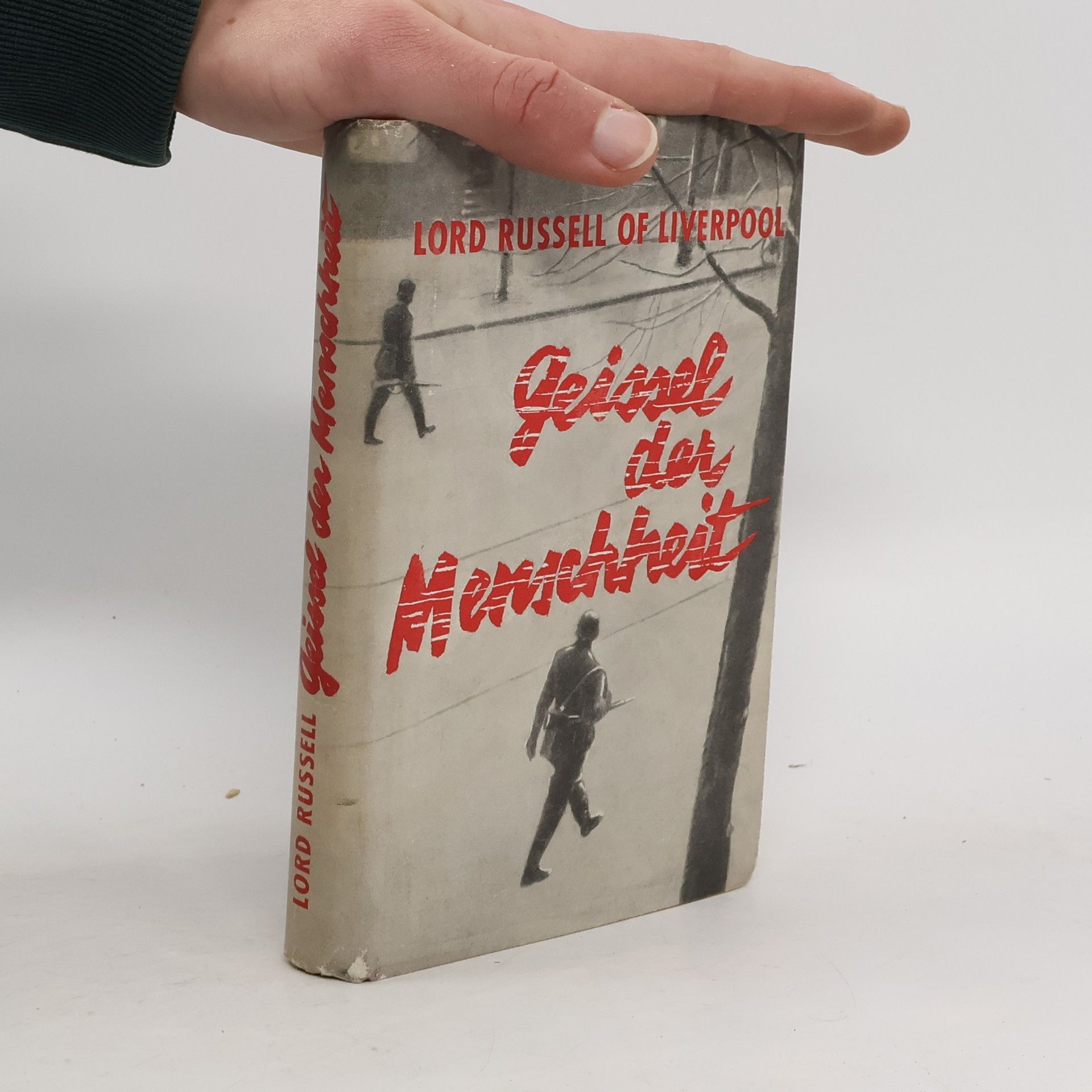Edward Russell, 2. Baron Russell of Liverpool Bücher
Ein britischer Soldat, Anwalt und Historiker, der für seine einflussreichen Werke bekannt ist, die sich tief mit den moralischen und ethischen Dimensionen des Krieges auseinandersetzen. Seine Schriften untersuchen die tiefgreifenden Auswirkungen von Konflikten auf Einzelpersonen und die Gesellschaft, gekennzeichnet durch analytische Strenge und ein starkes Gerechtigkeitsempfinden. Die Prosa des Autors zeichnet sich durch eine sorgfältige Untersuchung der menschlichen Natur unter Zwang aus. Sein literarisches Erbe liegt in seiner unerschütterlichen Untersuchung der Reaktion der Menschheit auf Widrigkeiten und der bleibenden Fragen, die sie aufwirft.




Zvěrstva japonských vojáků v čínském Nankingu poděsily dokonce i nacisty, kteří v příštích šesti letech měli prokázat, že jsou v hromadném vyhlazování lidí stejně obeznalí. Na chování japonských vojáků měl významný vliv kodex „bušidó“, podle kterého byla jediným dostatečně čestným jednáním smrt. Japonci, kteří si nevážili ani vlastních životů, nelidsky zacházeli nejen se zajatci, jimiž pohrdali, ale i s obyvateli obsazených území. Počet obětí – přes 200 tisíc – už nebyl nikdy překonán.
Stručný přehled nacistických válečných zločinů.